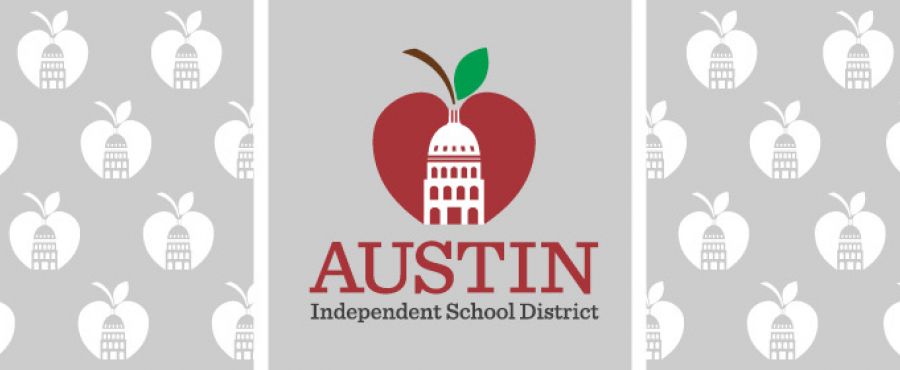Still No Word on How Much TEA Will Influence AISD Special Ed
Local figures hope for a lower level of oversight than planned
By Brant Bingamon, Fri., June 9, 2023
Public school officials in Austin were alarmed when the Texas Education Agency entered a new phase of their "conservatorship" in the Houston Independent School District on March 15, announcing both a new Board of Directors to take over from the elected school board, and a new superintendent (as yet unnamed). This extreme measure allows the TEA to deal with a school district it deems to be performing poorly. When putting a district in conservatorship, the agency can assume some control of a district's budget without changing the overall amount spent, make decisions on school closures, and set policies on curricula, among other things. In HISD's case, TEA dismissed the district's board of trustees and superintendent, taking control of the district from its elected officials. The TEA says this was an “intervention required by statute” and not discretionary, although a civil rights lawsuit challenged the takeover as a violation of the Voting Rights Act and the U.S. Constitution.
Two weeks after that, TEA announced what sounded like a similar plan for Austin ISD, citing the district's failure to provide adequate special education services to students; but in AISD's case the conservatorship would deal with only special education and not the district overall. Again, officials were alarmed but vowed to work with TEA to fix the problem. In May, a team from AISD, including interim Superintendent Matias Segura and board President Arati Singh, met with TEA Commissioner Mike Morath, hoping to convince him to appoint a monitor – a lower level of oversight – instead of a conservator. They say the meeting went well but they've heard nothing from TEA since. "There isn't a timeline and I think they're wanting to be very thoughtful about their decision," Trustee Kathryn Whitley Chu said of the TEA decision-makers. "But it doesn't hold up anything on our end. Our administrators and evaluators are moving on and evaluating people."
The crux of AISD's problem is the evaluation process, which determines which students receive special education services. That process slowed to a crawl during the COVID pandemic, as more than half of the district's 70-plus evaluators left their positions. Parents began complaining of exceedingly long waits for an evaluation. Chu was one of them. "It's a big reason why I ran to be on the school board," Chu said. "My family waited 10 months for my preschooler to get her evaluation."
Board President Singh has been frank about the need to fix the evaluation backlog, but said the necessary changes are being made. She told us that the district is adding more evaluators and so far this year they've completed 60% more evaluations than at this point in the previous year. "We've already beat the goals, so we may have to recalibrate," she said. "Our goal is to reduce this backlog down to zero by the end of 2025."
Chu said the recent legislative session did not help the district's cause, as a plan to send $5 billion to public schools died after Senate Republicans attached a voucher system – which diverts public school money to pay for private school tuition – onto the school funding bill, House Bill 100, and House members did not accept the change. Others have noted that as state leaders weaken public education they are strengthening the TEA, led by Morath, Gov. Greg Abbott's ally. "There are currently 1,116 employees at the agency, up more than 50% from a decade ago," Rep. Gina Hinojosa recently told the Houston Chronicle. "Morath is kingdom-building when the need is teachers in schools. We've given him more and more power with nothing to show for it."
* Editor's note Monday, June 12, 10:12pm: This story has been updated to include clarification from the Texas Education Agency’s media team.
Got something to say on the subject? Send a letter to the editor.









